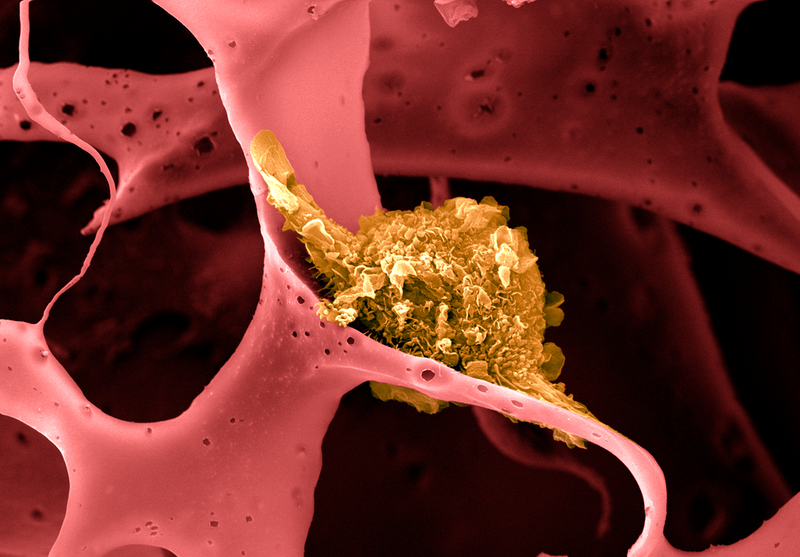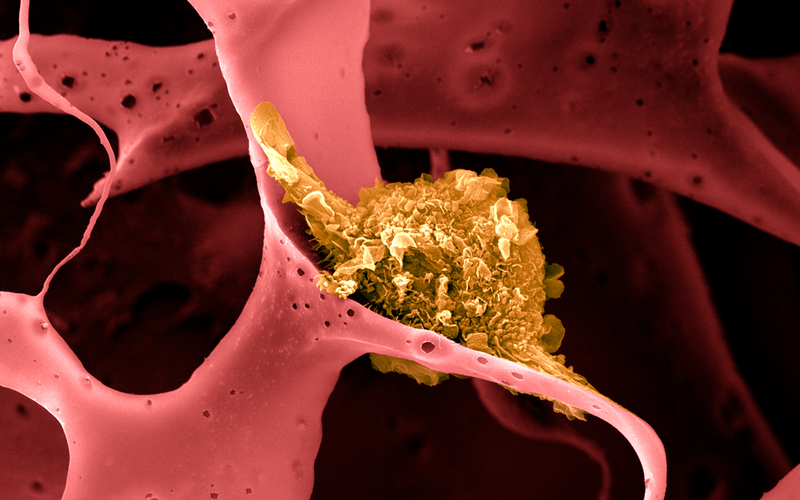
The Harvard Wyss Institute has developed an effective treatment for triple-negative breast cancer using a cocktail vaccine that combines chemotherapy and immunotherapy.
There are various types of cancer treatment, such as the use of anticancer drugs, radiation immunotherapy, and bone marrow transplantation. If the tumor is too large, surgery is performed. The reason for this variety is that each treatment has its strengths and weaknesses.
Chemotherapy, for example, can kill rapidly dividing cancer cells, but it also hits other healthy cells and is not effective in preventing tumor metastasis and recurrence. In the case of immunotherapy, it acts on the patient’s immune system to continuously trigger an anti-cancer response to prevent tumor growth. However, in triple-negative breast cancer, where the protein hormone receptors ER, PgR, and HER2 of cancer cells all react negatively, any treatment method cannot be effective because the tumor weakens the immune system in the surrounding cells.
The vaccine developed by the research team contains a molecule found in cancer cells called tumor-associated antigens (TAA), along with a component that helps improve the effect, and can trigger an immune response that recognizes and attacks cancer tumors as foreign substances It is made to be.
One of the important constraints in the development of cancer vaccines is the choice of TAA. It takes a lot of time and cost to elicit an immune effect by releasing TAA, which kills cancer cells by putting chemotherapy drugs on the vaccine base and exerts efficacy on dendritic cells directly from the tumor. It explains that the antigen development procedure could be avoided.
In experiments with mice, the combination vaccine showed an 8% improvement in immunity. In addition, as a result of administering the vaccine to mice with cancer or to mice that relapsed after other treatments, they claim that all survived without recurrence after cancer treatment.
Research is still only showing effects on mice. Therefore, whether it can be applied to humans or whether it is effective should be proved through future studies. Nevertheless, if it works for humans, it could be a promising cancer treatment. The research team continues to study the combination of chemotherapy and cancer vaccines, and has the potential to improve antitumor effects on other intractable tumors. Are doing. Related information can be found here .


















Add comment